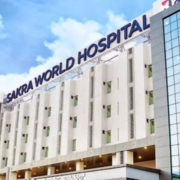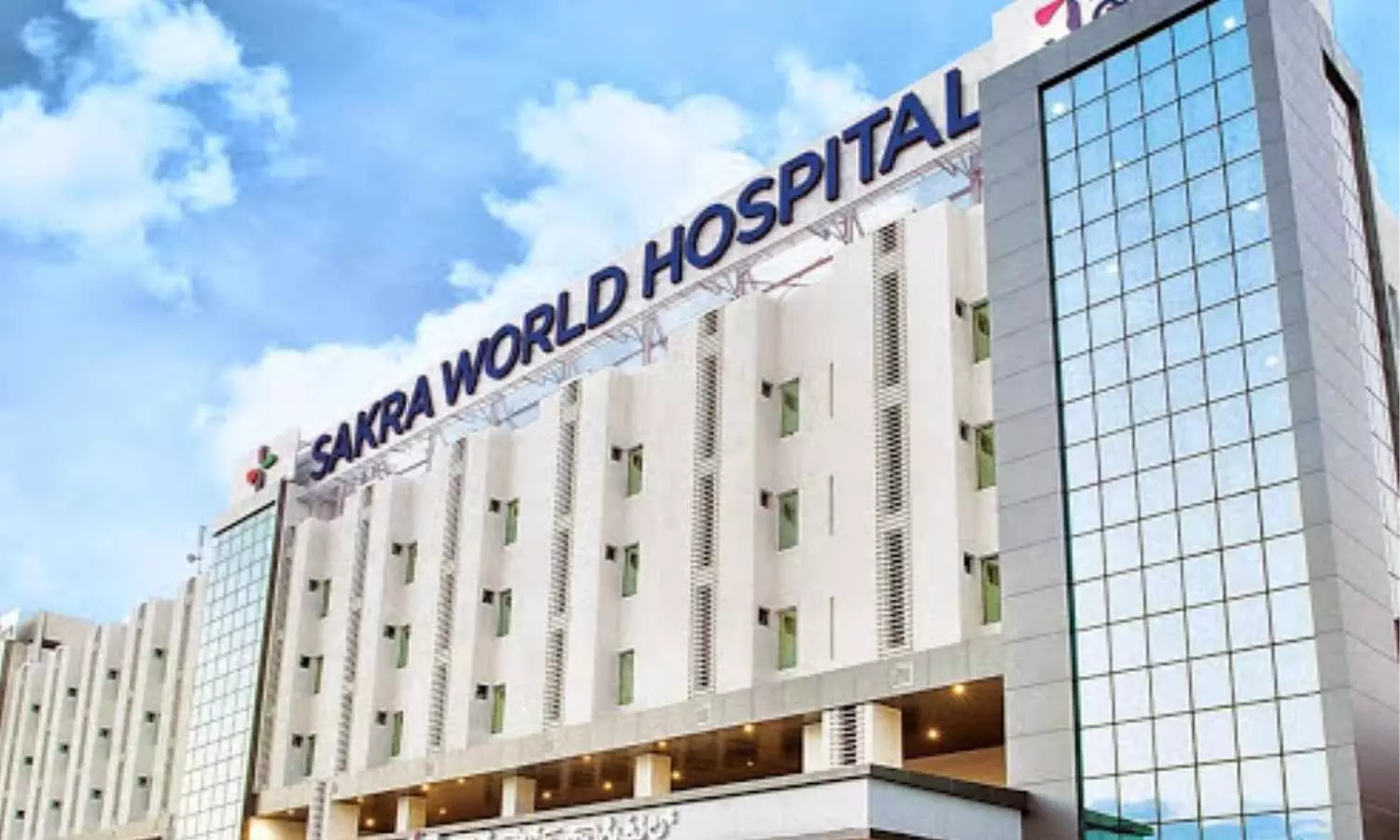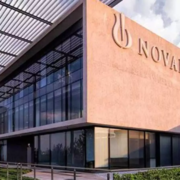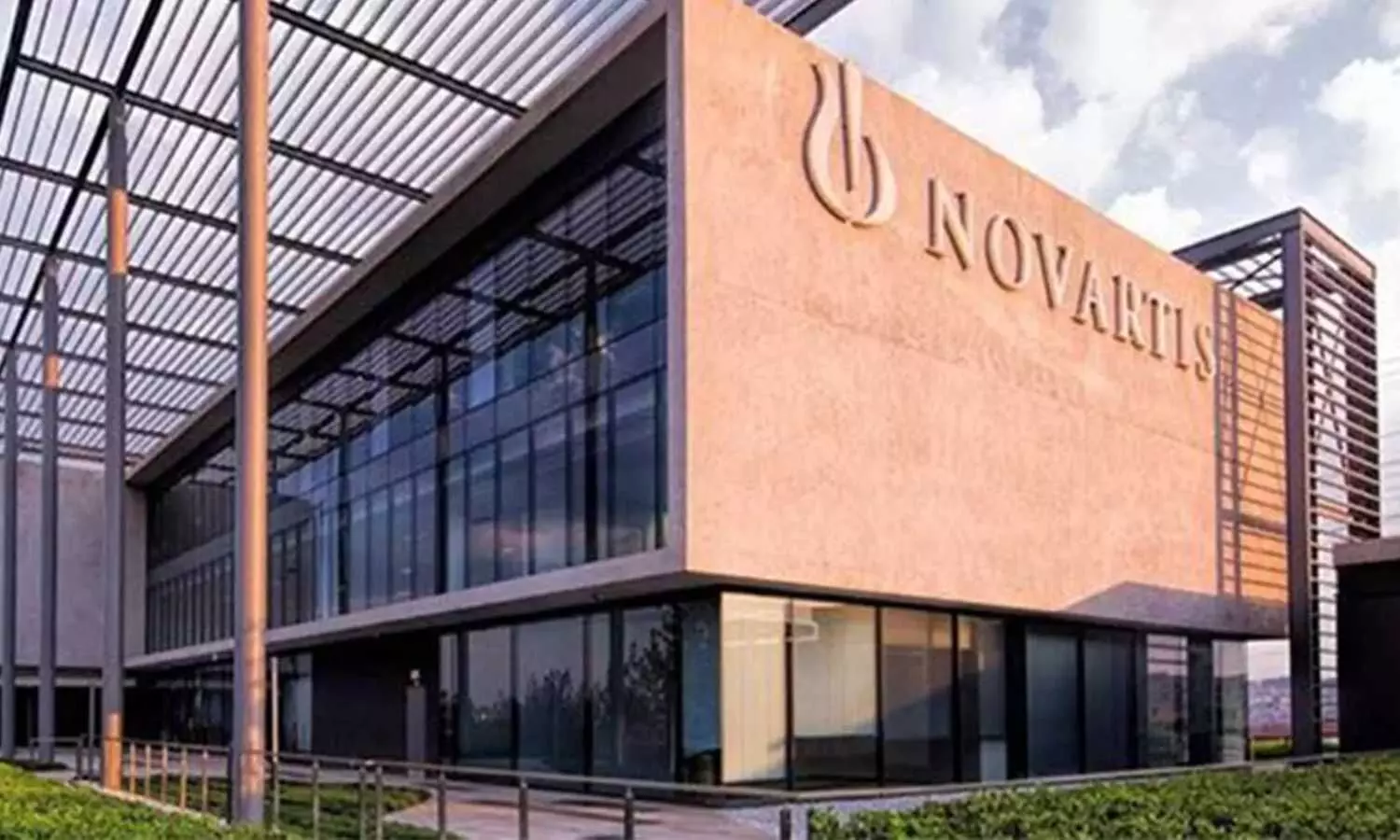Delay in Cancer Diagnosis: NCDRC upholds compensation order against doctor for medical negligence
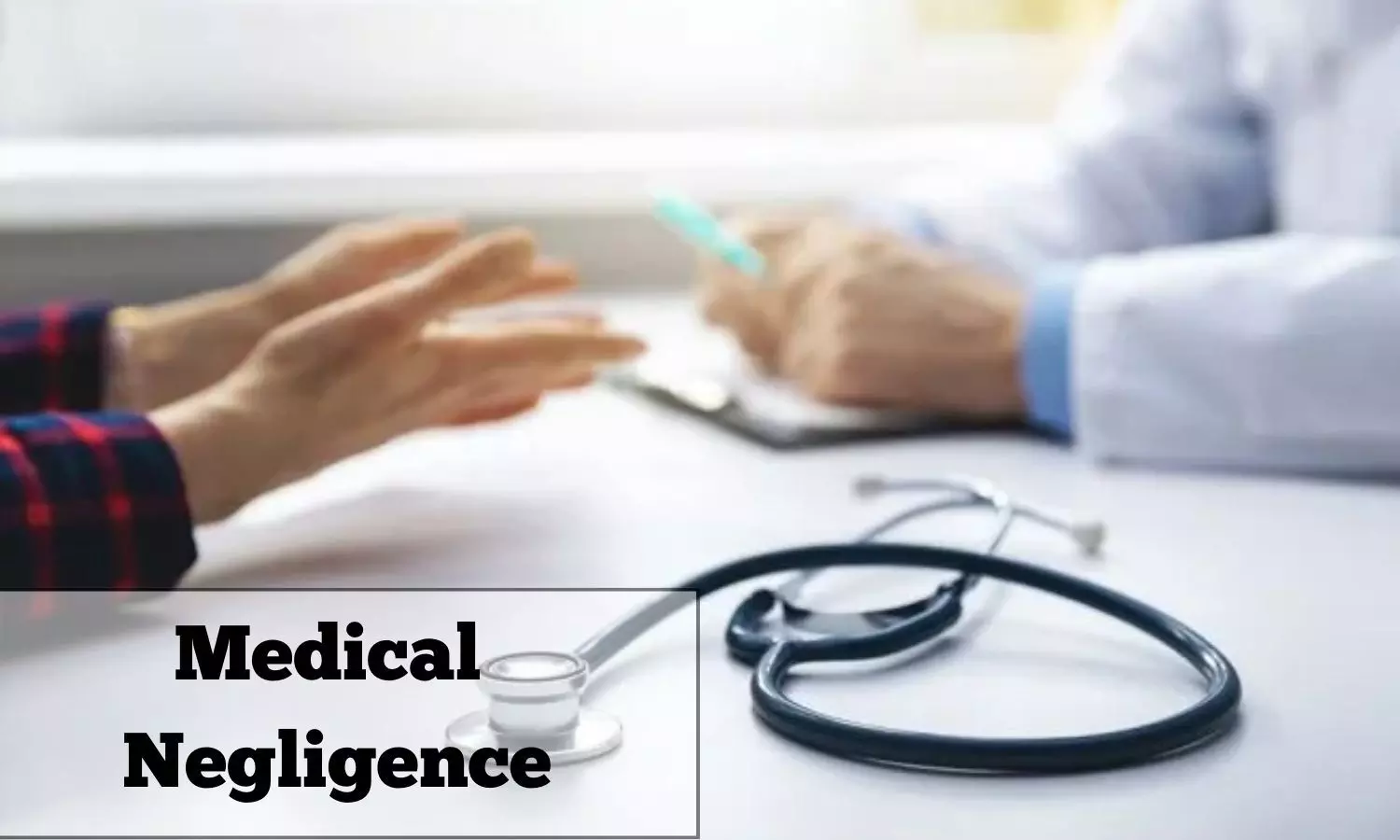
New Delhi: The National Consumer Disputes Redressal Commission (NCDRC) recently held an Andhra Pradesh-based doctor guilty of medical negligence for the delay in cancer diagnosis of a patient who was suffering from breast pain.
“…the continuous therapy and reluctance to even record the advice for further diagnostic investigations to find out the nature and prognosis of the lesions already noted in the Mammography Report would certainly suggest clear negligence on the part of the Petitioner as the Consulting Physician/ Family Doctor of the Complainant, since the lump originally seen at the earlier stage in the investigations had grown very rapidly till the surgery was performed four months later,” noted the Apex Consumer Court, upholding the Rs 6 lakh compensation slapped on the doctor by the District Commission.
The history of the case goes back to 2011 when the patient consulted the doctor as she was suffering from pain in her right breast. The doctor, after clinical examination, prescribed medicines and advised her to undergo a pathological test for diagnosis. Accordingly, the patient underwent a mammography test.
Meanwhile, despite the subsequent medication, the pain persisted and the doctor recommended surgery to remove the lump in the right breast. Consequently, on 11.05.2011, the patient underwent surgery for the removal of the lump and a piece of it was sent for biopsy to a Diagnostic Centre in Rajahmundry.
Post-surgery, the patient followed the instructions for care given by the treating doctor. However, since there was still no relief from the pain, she sought further consultation at G.S.L Cancer Hospital, as per the treating doctor’s referral.
The biopsy report revealed infiltrative duct cell carcinoma, with the tumor deemed inoperable due to its growth. Subsequently, at NIMS Hospital, Hyderabad, her right breast was surgically removed. Allegedly, it was only post-surgery, upon consultation with doctors at NIMS Hospital and GSL Hospital, that the patient realized the alleged improper treatment by the treating doctor.
It was claimed by the petitioner that the issue of cancer was initially indicated in the report dated 27.01.2011 indicating negligence by the treating doctor. Subsequent treatments included weekly chemotherapy at NIMS Hospital and radiotherapy at GSL Cancer Hospital, Rajahmundry, resulting in side effects such as hair loss and loss of appetite, impacting her ability to care for her family.
Since the doctor did not agree to pay the damages, the patient approached the District Consumer Court and filed a complaint. While considering the matter, the District Commission in 2015 directed the doctor to pay the complainant Rs 5 lakh towards compensation, Rs 1 lakh towards mental agony and Rs 5,000 towards litigation costs.
The order of the District Commission was challenged before the State Commission, Andhra Pradesh, which upheld the order of the District Forum. Challenging this, the doctor approached the Apex Consumer Court.
Approaching the NCDRC, the counsel for the treating doctor claimed that the lower Fora erred in allowing the complaint without duly considering the impeccable track record of the treating doctor spanning four decades of medical practice. Further, it was contended that negligence was wrongly attributed to the treating doctor without considering the comprehensive evidence, including that of an Oncology Surgeon.
It was also claimed by the doctor’s counsel that due to the complainant’s young age and her relatively small size of lump according to the Mammogram and Ultrasound, diagnosing cancer was challenging. It was also submitted that the treatment provided by the treating doctor was 2.5 years before the complainant’s death, with the cause of death remaining undisclosed.
Apart from this, the doctor’s counsel also argued that the absence of an explanation for the 2-month gap between the Complainant’s discharge from the petitioner’s hospital and the subsequent surgery suggested a potential exacerbation of the disease during this period.
On the other hand, the counsel for the complainants argued that there was a delay in the correct diagnosis and administration of treatment by the treating doctor from 10.01.2011 to 26.05.2011. This delay adversely affected the outcome of the treatment, particularly considering the young age of the patient and the aggressive nature of the disease with poor diagnosis/biological factors.
The complainants also submitted evidence by an expert doctor, who emphasized the negative impact of the treatment delays. The counsel for the complainants submitted that the doctor’s admission during evidence undermined her own defence since she admitted to not recording suspicions about the mass in the medical records and the prescribed antibiotics and anti-inflammatory drugs initially, followed by iron tablets after blood investigations.
Therefore, it was argued that the failure to prescribe further diagnostic tests such as MRI, CT Scan, and FNAC, coupled with the absence of estrogen testing before surgery, were instances of negligence. It was contended that the absence of a biopsy and FNAC recommendation, along with reliance solely on a normal mammogram, was deemed inadequate for ruling out breast cancer.
While considering the matter, the top consumer court took note of the orders passed by both the District and State Commission and observed,
“Both of them have come to the conclusion that there was negligence/ deficiency in service on the part of the Petitioner/Opposite Party who did not advise appropriate investigations in time, which resulted in a fast progression in the disease of Breast Cancer for which the deceased Complainant had actually been suffering. In fact, the Ld. State Commission in its Order has noted that when the pain and affliction being suffered by the deceased Complainant persisted in spite of the conservative treatment prescribed by the Petitioner, no investigations were advised on no less than 5 different occasions between 10.1.2011 to 24.3.2011.”
“The defence raised in her Written Version that she had orally advised such investigations, but the Complainant herself was reluctant to undergo the same, cannot be regarded as a credible excuse for not writing the advice or not recording the oral advise and reluctance of the Complainant as claimed in the relevant Prescription slips. Furthermore, even in the Mammography and SonoMammography Report dated 27.1.2011 (Annexure-P1), it was noted that the “…Right Breast shows two small irregularly oval hypoechoic lesions….., multiple internal echoes….” and the final impression was “SMALL EVOLVING ABSCESSES- RIGHT BREAST”. About 4 months later on 26.5.2011 ultimately the Biopsy Report of the Right Breast Lump established Cancer,” noted the Apex consumer court.
Holding that the treating doctor was negligence, the NCDRC bench noted,
“In the given facts and circumstances, the continuous therapy and reluctance to even record the advice for further diagnostic investigations to find out the nature and prognosis of the lesions already noted in the Mammography Report would certainly suggest clear negligence on the part of the Petitioner as the Consulting Physician/ Family Doctor of the Complainant, since the lump originally seen at the earlier stage in the investigations had grown very rapidly till the surgery was performed four months later.”
Clarifying that NCDRC cannot go into re-appreciation of evidence, the consumer court upheld the order passed by the District and State Commission. “Consequently, this Commission finds no grounds whatsoever to interfere with the concurrent decisions of both the Ld. Fora below. The Revision Petition is therefore dismissed. Parties to bear their own costs,” it noted.
To view the order, click on the link below:
https://medicaldialogues.in/pdf_upload/ncdrc-rs-6-lakh-compensation–236102.pdf
Powered by WPeMatico




